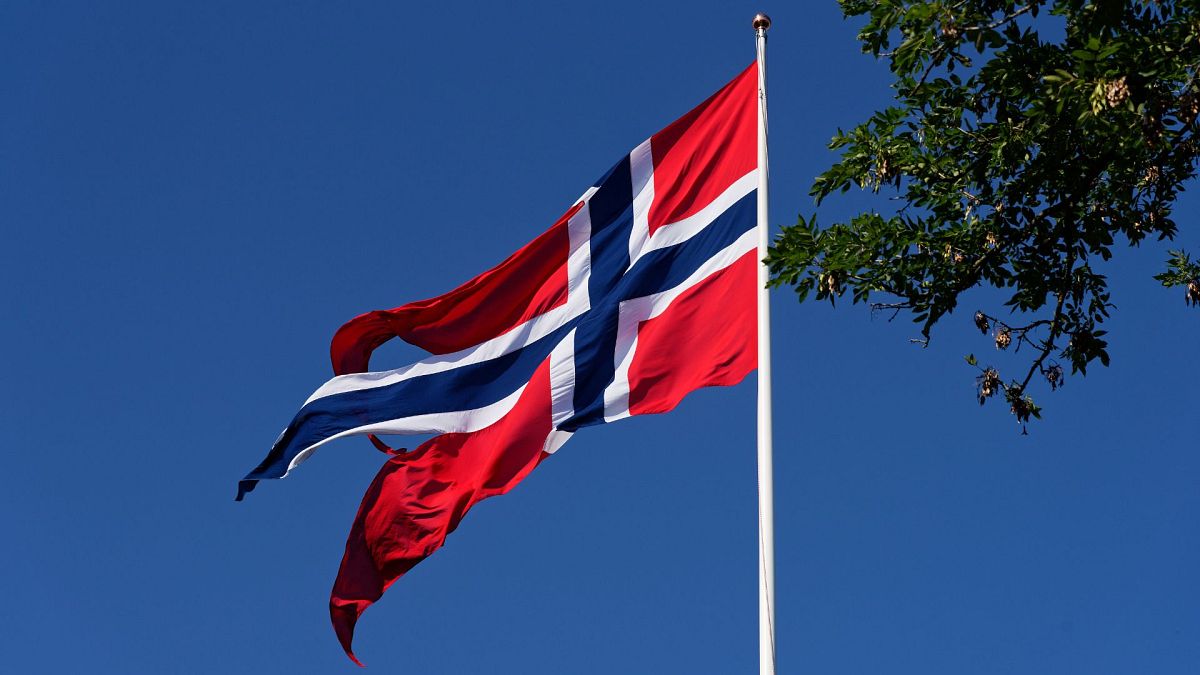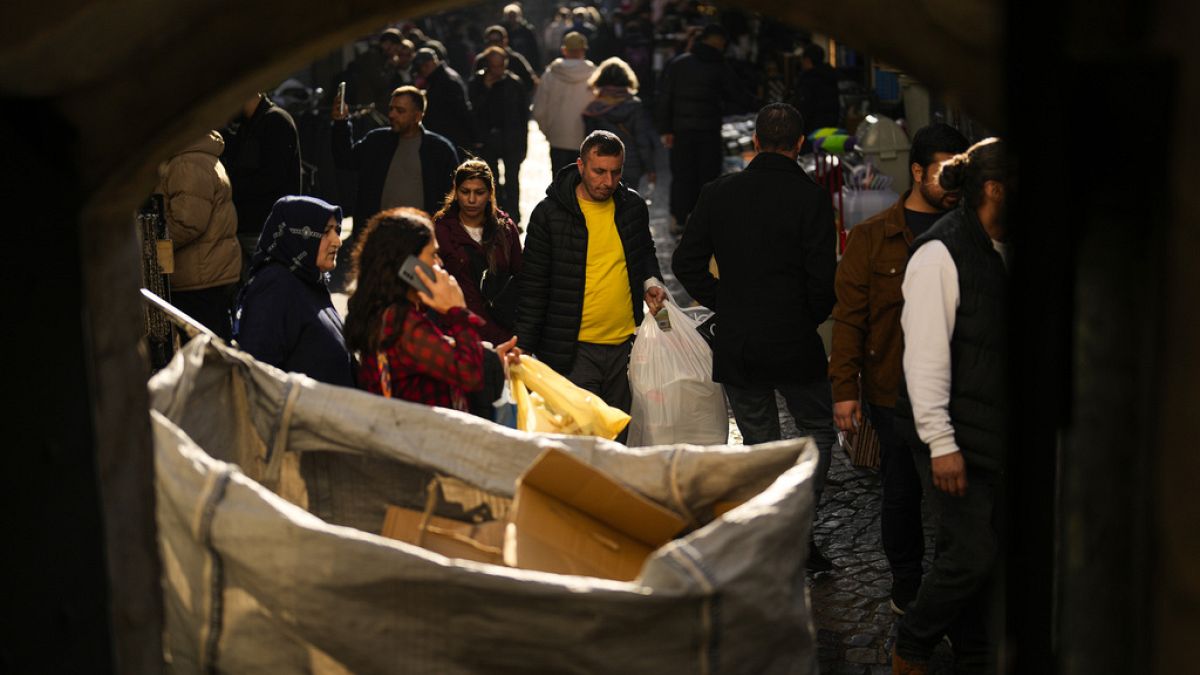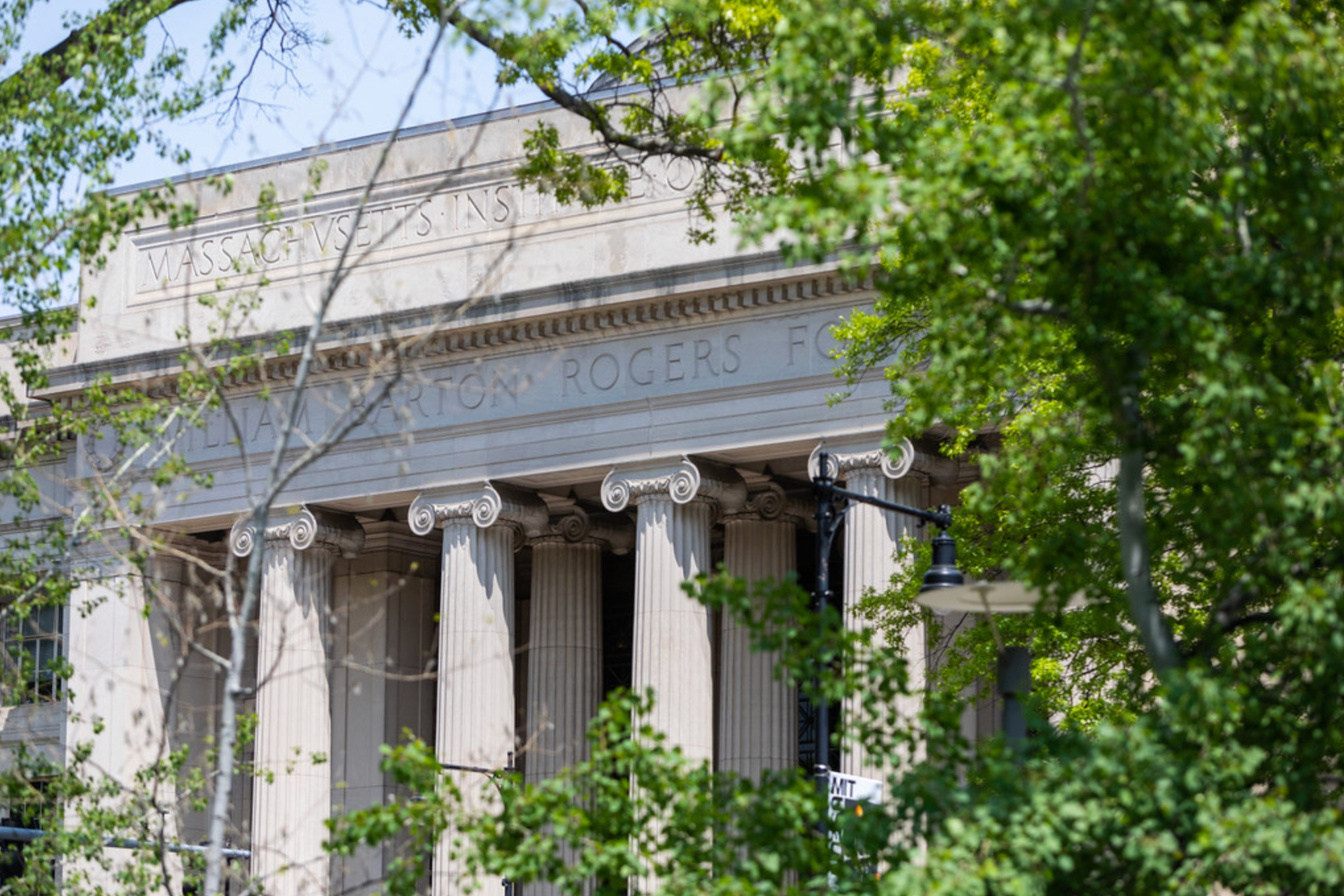Residents in Budapest, one of Hungary’s most vibrant cities, have joined a growing trend across Europe to limit short-term rentals, signaling a potential shift in how cities manage tourism.
In a landmark decision, the Terézváros district, known for its cultural significance, has opted to prohibit Airbnb-style short-term rentals. Earlier this month, residents participated in an unprecedented voting process, with over 6,000 individuals casting their ballots, ultimately favoring the ban.
While voter turnout was relatively low at 20.52%, a notable 54% supported the restriction, which will come into effect starting January 1, 2026.
The Impact of Overtourism
The phenomenon of overtourism has increasingly plagued various European cities, including Budapest, where locals are expressing growing concerns about the influx of visitors in their neighborhoods.
Although tourism can drive economic growth, residents argue that excessive tourist numbers can harm the very essence of these cities. Historic sites may suffer from wear and tear, local infrastructure becomes overwhelmed, and rising property prices place housing out of reach for many citizens.
Online platforms like Airbnb, Booking, and others have seen a surge in usage, with Eurostat reporting 719 million nights booked across the EU last year—a 20% increase from the previous year. Budapest has become a hotspot for these short-term stays, recording an impressive 6.7 million guest nights.
The sixth district is particularly favored due to its proximity to iconic landmarks such as the Parliament, Chain Bridge, and Buda Castle, which collectively draw countless tourists each year.
Contemplating the Ban on Short-Term Rentals
The recent vote was described as an “interesting democratic experiment,” reflecting heightened resident concerns regarding the proliferation of properties rented out to tourists. These rentals are viewed as contributing factors to the steep rise in property prices and rents in the area.
Data from ingatlan.com indicates that house prices in Budapest have tripled since 2015, with a 7.8% increase recorded just last August. In the sixth district, premium property prices average around HUF 1.43 million (approximately €3,630) per square meter.
Following the outcome, Mayor Tamás Soproni of the centrist Momentum Movement expressed the intent to relay the residents’ wishes to the city council, stating that a decree will be established based on the community’s decision.
There are concerns about potential economic repercussions, as the ban might extend to other parts of Budapest. Opponents of the measure emphasize the risks of reduced tax revenue for local municipalities and adverse effects on nearby businesses.
Acknowledging this, Soproni noted that the delay until 2026 would provide local businesses ample time to adjust to the impending changes, balancing community interests with economic realities.
Photo credit & article inspired by: Euronews



